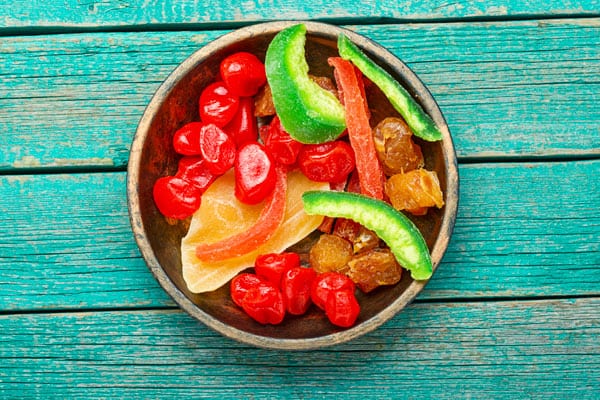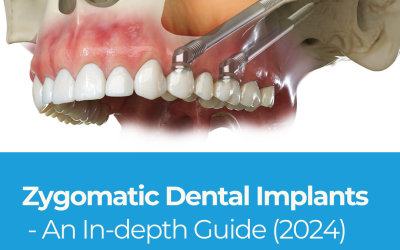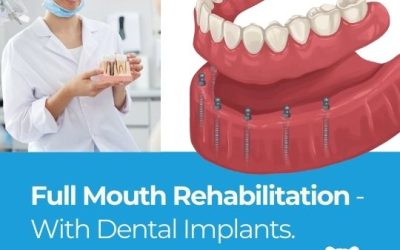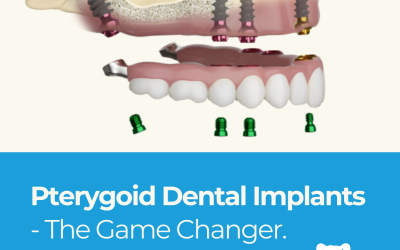Preventing Dental Caries & Tooth Decay
Step-by-step guide to preventing tooth decay
Preventing Tooth Decay
Previously we talked about the formation of dental decay, in this article, let’s look at how we can prevent decay before it even happens.
The first big issue here is the sweeties. Don’t the adults always say “too much sweeties will give you bad teeth”? This is very true. But does that mean I can’t have sweets at all? Let me give you some tips for having those sweeties yet maintaining healthy teeth at the same time.
Let’s start with a simple question: which of the following foods cause caries?
- Sweets
- Orange juice
- Chocolate
- Ketchup
- Digestive biscuits
- Dried fruits (e.g. raisins)
Remember your answer, we’ll come back to this later.
Before we can rationalise the best way to eat, we need to know how decay is formed. When you eat sugars that can be digested by the bacteria on our teeth, the bacteria produce acids which erode away the minerals in the top layer of our teeth. The loss of minerals from our teeth is the process of decay. After you stop eating, it takes half an hour for your saliva to clear the acids and stop the erosion.
Thanks to fluoride, the loss of minerals is not a one way process. When we brush our teeth, fluoride in the toothpaste helps to replace that mineral layer, in turn “healing” our teeth from the day’s damages. But, if you’re nibbling on sugars throughout the day, not giving your teeth a chance to recover, the loss of minerals outbalances the replacement, hence forming caries.
So let’s go back to the question before.
The answer to this question: it is very dependent on how you eat them!
The simple rule of thumb is: Keep all the sweet treats to mealtimes, and no sweet treats in between. The few hours of break in between gives your teeth sufficient time to recover from the sugar attacks. In between meals you can always have savory/salty snacks such as cheese, or natural snacks like salads, fresh fruits, and milk. Well then what is considered a sweet treat? It is anything with added refined sugar.
Here it’s worth pointing out a few interesting options in the question.

Fruit Juice
Fresh fruits doesn’t damage your teeth but when turned into juice, it’s considered a sweet treat. This is because juices usually have added sugar, and even without added sugar, the forms of sugar changes when fruit becomes juice, making it much easier for bacteria to digest, in turn bad for our teeth.

Ketchup & Biscuits
Watch out for those hidden sugars in “savory foods” like biscuits, ketchup. Always read the ingredient label for sugars. It is very common for sugars to be added to savory food to enhance its taste.

Dried Fruits
Dried fruits like raisins are always considered to be rather healthy, and sometimes frequently offered to children to snack on. This is a time bomb as they are highly concentrated in sugar, making them very cariogenic (causing decay).
In summary
When it comes to teeth, sugar intake is not about the amount, but all about the duration and frequency.
Now what about fluoride? We mentioned that fluoride helps “heal” (re-mineralize) the teeth, this is why we come into contact with fluoride daily. Fluoride is in our water, toothpaste, mouthwash etc. All these are efforts to help re-mineralize our teeth and tip the balance towards having no decay.
However, the healing capacity of fluoride is only limited to the top layer of the tooth, where it can come into contact with. If decay progresses under the surface, fluoride is unable to penetrate.
This is why it is always important to visit the dentist. The dentist can check your teeth to spot early decay. If early decay is spotted, the dentist can either give you a high dose of fluoride to create a super hard coating outside to protect your teeth, or use early prevention methods (e.g. fissure sealants or preventative resin restorations) to stop the decay from progressing further. The dentist can also discuss your eating habits and help you alter your diet to prevent future decay.
About the Author
“Positive experiences in the dental setting goes a long way. I aim to provide quality dental care tailored to every patient’s individual needs.”
Want to Learn More?
Book an Appointment With Dr Li Kexin Today!
Related Posts
Zygomatic Dental Implants: An In-depth Guide
Zygomatic dental implants represent a revolutionary advancement in the field of dental implant surgery, providing a viable solution for individuals with insufficient bone in the upper jaw.
Transform Your Smile: The Guide to Full Mouth Rehabilitation with Dental Implants (2024)
Discover the path to a renewed smile and enhanced oral health through full mouth rehabilitation with dental implants—a dependable and aesthetically appealing option for those troubled by tooth loss or dissatisfaction with dentures.
Pterygoid Dental Implants: An In-depth Guide
Dental implants have revolutionized the world of dentistry, offering solutions for patients with missing teeth. Tubero Pterygoid Dental Implants stand out due to their unique placement and advantages.


